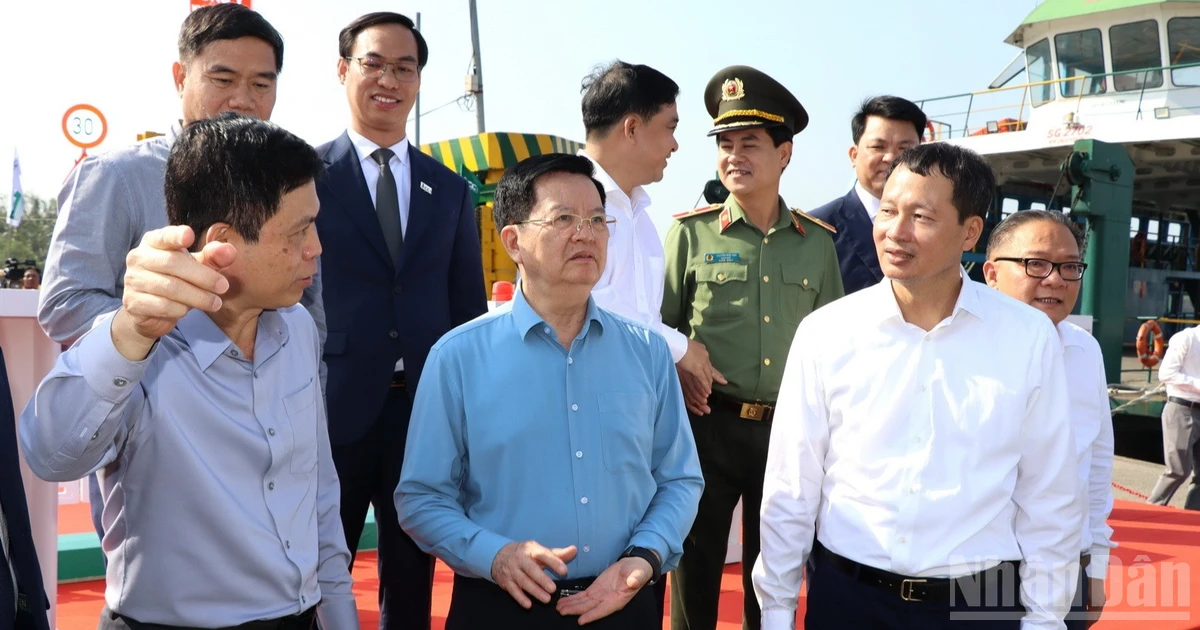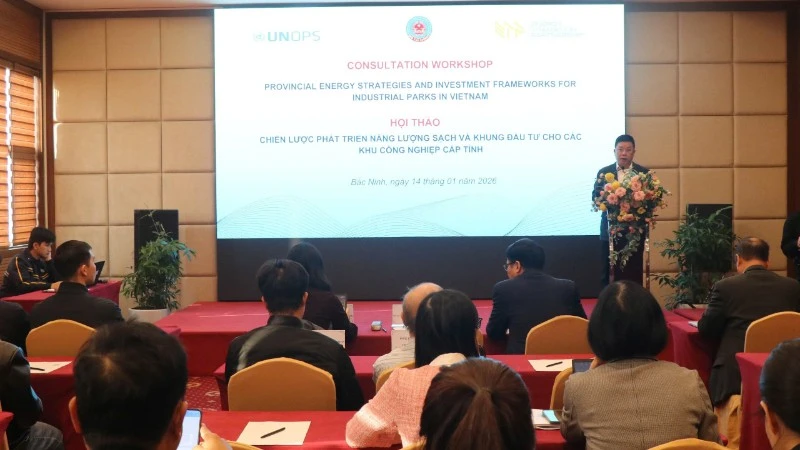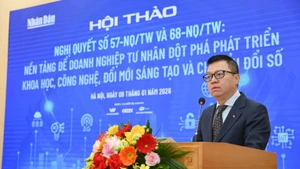In its second quarter recommendations sent to the Party, Government, National Assembly, and relevant ministries and agencies to advise on policies for the country’s socio-economic development, the National Economics University proposed several solutions focused on prioritising growth and maintaining macroeconomic stability to accelerate economic development in the near future.
Effective coordination on fiscal and monetary policies
Given the need to enhance the quality of fiscal and monetary policy management and ensure the safety of the financial and banking system while supporting growth, the research team from the National Economics University recommend that, regarding fiscal policy, the government should decisively instruct ministries, agencies, and localities to implement measures aligned with actual conditions. They should improve proactive responsibility in overcoming difficulties and promote the disbursement of public investment capital according to the 2024 plan and subsequent years, particularly for major transportation projects. This would create a premise to boost credit growth for businesses and sectors related to the construction value chain.
Additionally, the Ministry of Finance should continue to review legal documents related to financial policy management, tax administration, public asset management, securities market, corporate bond issuance, and commercial banks acting as life insurance agents. Specific measures should be taken to accelerate the restructuring of state-owned enterprises; supplement the equity capital of state-owned commercial banks that have been privatised; and enhance measures to stabilise, develop, and ensure the health and effectiveness of the corporate bond market and stock market, thus maintaining the confidence of investors both domestically and internationally.
To unlock social investment resources, the National Economics University suggested that the Ministry of Construction and localities need to expedite the settlement of administrative procedures related to real estate projects. The Ministry of Public Security should continue its policy of not criminalising economic relations, resolutely addressing violations by organisations and individuals disguised as currency traders, and creating conditions to strengthen and develop the consumer finance system while contributing to preventing illegal lending.
Regarding monetary policy, Assoc. Prof. Dr. Hoang Xuan Que, Director of the Banking-Finance Institute at the National Economics University, said the State Bank of Vietnam needs to urgently continue lowering lending rates through monetary policy tools and management measures. It should also supplement preferential credit packages from refinancing sources at low interest rates for commercial banks to lend to prioritised sectors and areas in the economy. Additionally, flexible credit allocation should be applied to commercial banks with strong credit growth potential, and credit limits should be removed within 2024 and replaced by mechanisms and measures ensuring credit safety.
Opportunities for attracting investment and technological innovation
In the context of increasingly fierce and intense competition among major countries, affecting the formation and movement of global supply chains, as well as the realignment of strategies and policies in many countries, the research team at the National Economics University views this as an opportunity for Vietnam to attract investment and drive technological innovation. To turn challenges into opportunities, it is necessary to modernise policies for attracting foreign direct investment (FDI), focusing on low-energy, low-waste, closed-loop, and green technologies. Specifically, this means improving institutions and policies to prioritise attracting FDI projects that use high technology, core technology, and environmentally friendly technology, have high added value, and are capable of creating spillover effects and connecting with the domestic economic sector, regional production and supply chains, and global networks.
It is important to enhance FDI attraction from the US, Europe, and Japan, as these sources represent high technology transfer. Mechanisms and policies for selective FDI should continue to be revised to attract investments into priority sectors, especially electronics, semiconductors, renewable energy, and high technology. Assoc. Prof. Dr. Ta Van Loi, Dean of the College of Business at the National Economics University, pointed out that global technological developments show that Vietnam needs to strengthen cooperation with major partners to seize development opportunities and conditions and avoid falling behind in technology, particularly in the fields of communications, information, and digital transformation.
There should be a greater focus on creating export incentives and developing e-commerce infrastructure as an effective channel for export activities, especially for small and medium-sized enterprises. Measures to this issue include implementing tax and fee support policies for key export items of Vietnamese origin sold through e-commerce platforms, enhancing the capabilities of small and medium-sized enterprises and retailers in digitalisation, collaborating with major e-commerce platforms such as Amazon and Shopee, and improving knowledge and understanding of export processes and regulations through e-commerce channels.
















